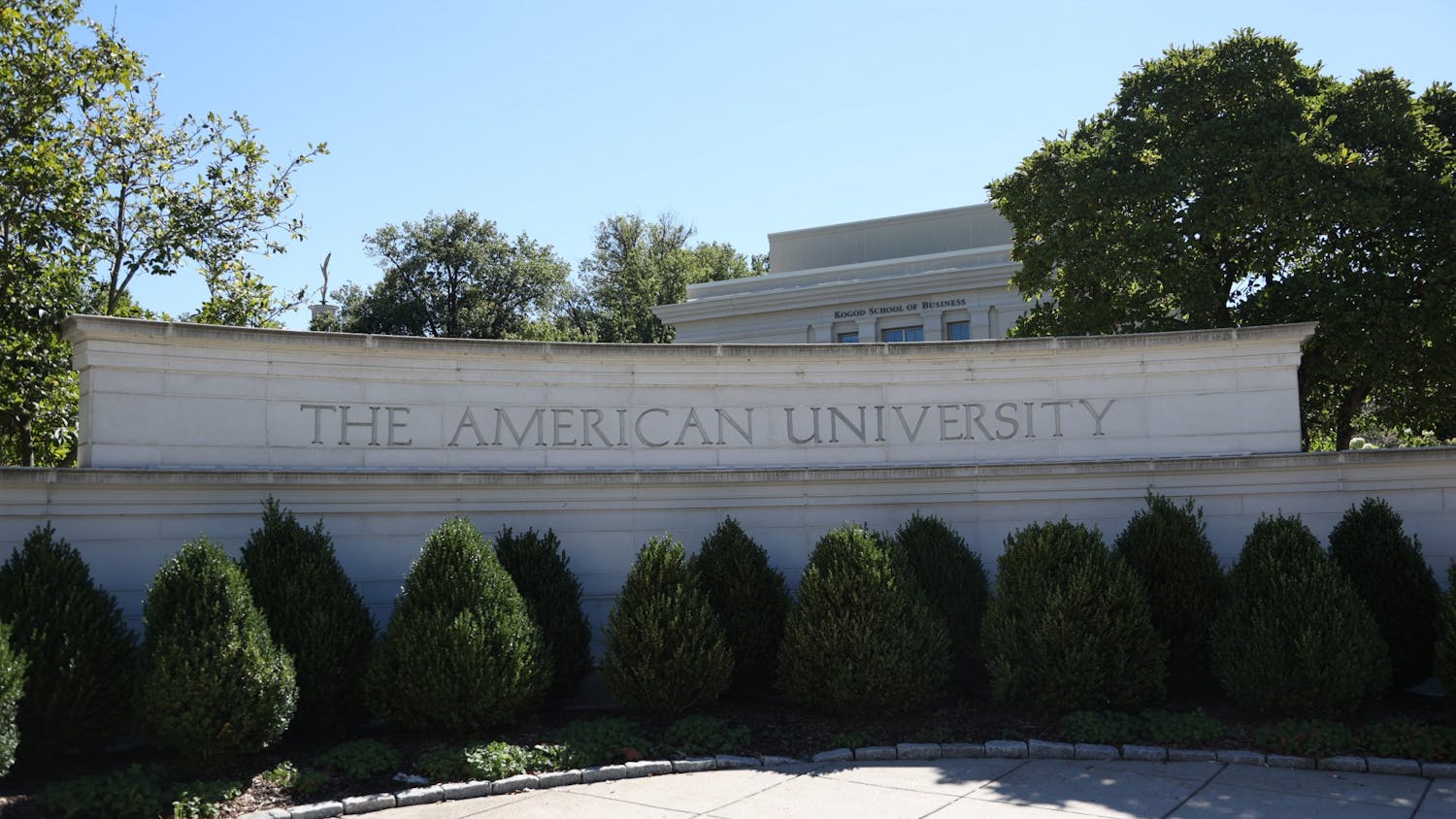D.C. Councilman Tommy Wells introduced a bill Tuesday that may place a 5-cent fee on all single-use plastic and paper carryout bags from grocery stores, food vendors, convenience stores and many other vendors - such as AU's Eagle's Nest.
In addition, the legislation will require these plastic and paper carryout bags be recyclable.
The proposed legislation, called the Anacostia River Cleanup and Protection Act of 2009, focuses on reducing the amount of trash in D.C. in general, as well as the amount of trash that enters the Anacostia River. The 5-cent fee on bags in D.C. would mostly be used to pay for environmental cleanup and restoration efforts on the Anacostia River.
Businesses would retain either one or two cents of the fee, depending on whether they offer customers a carryout bag credit program for reusable bags. The remaining fee revenue will be deposited into a newly created fund for the cleanup of the Anacostia River.
"The fund will also be used for a public education campaign and for providing free reusable bags to elderly and low income D.C. residents," Wells said as he and 11 other council members introduced the bill to the D.C. City Council's Committee of the Whole Tuesday morning.
"According to a report conducted by the Anacostia Watershed Society, the single largest component of trash in the river is plastic bags," Wells said in subsequent interview with The Eagle.
Legislation to eliminate the use of any kind of free bag will effectively remove 47 percent of the trash from the tributaries and 21 percent from the main stem of the river, according to the report.
"To bring the river back to health, we have to get people to see the impact of this trash and make the choice for a clean river," Wells said. "We have introduced the bill for that purpose, and now the long process of actually putting it into action begins."
If the bill passes, it would still take up to nine months before the first consumer would have to pay the fee, he said.
Some stores already practice alternatives to plastic and paper bag use - many stores sell low-cost, reusable bags. Giant and some other stores give credit to shoppers who bring back old bags instead of using new bags. ALDI, Save-A-Lot and IKEA charge customers a nominal fee for every bag - greatly reducing the number of plastic and paper bags used and encouraging customers to bring reusable bags, according to the companies' Web sites.
Wells said he and his supporters hope the Anacostia River Act will raise more public awareness for the D.C. environment and the Anacostia River, especially among young people.
"People need a small incentive to encourage themselves to use reusable bags and to reconsider whether a bag is even needed," said Phillip O'Neill, a junior in the School of International Service. "If we don't introduce the 5-cent fee now, short-run economics will stay incompatible with the long run mind set required for proper environmental stewardship."
Christina Bonanni, a junior in the College of Arts and Sciences, said she is excited about the possible introduction of the 5-cent fee.
"I think that the Cleanup Act is awesome," she said. "It will stop people from mindlessly using bags and then just throwing them away; which I think happens quite frequently."
Marc Imlay, who leads groups of volunteers to clean up the riverbanks for the Anacostia Watershed Society, said he hopes the Cleanup Act will increase environmental awareness in D.C.
"We always welcome volunteers to help us clean up the riverbanks," Imlay said. "Unfortunately, not everyone can volunteer and save plants and animals in the watershed. But we all can use reusable bags for a start."
You can reach this writer at news@theeagleonline.com.





